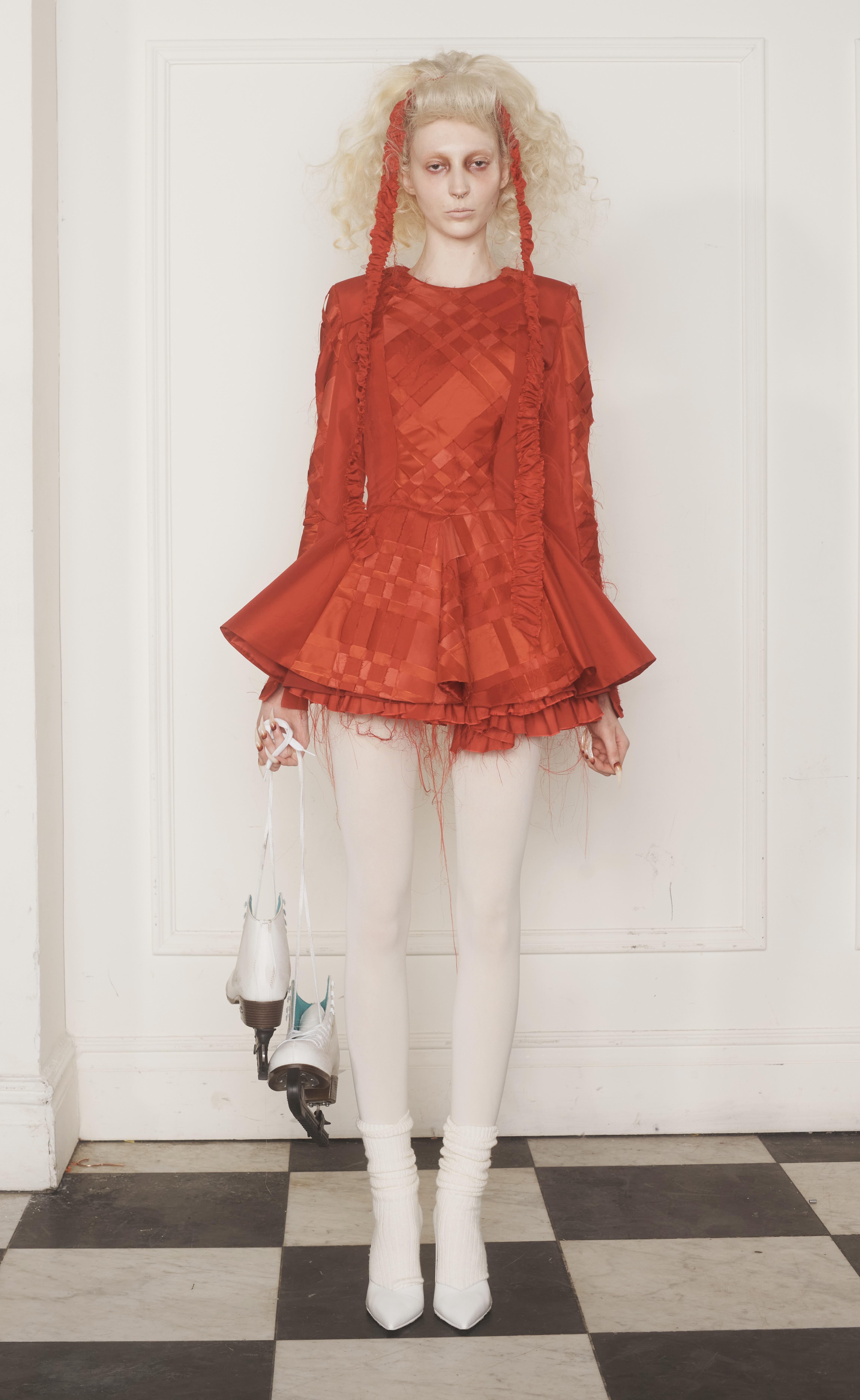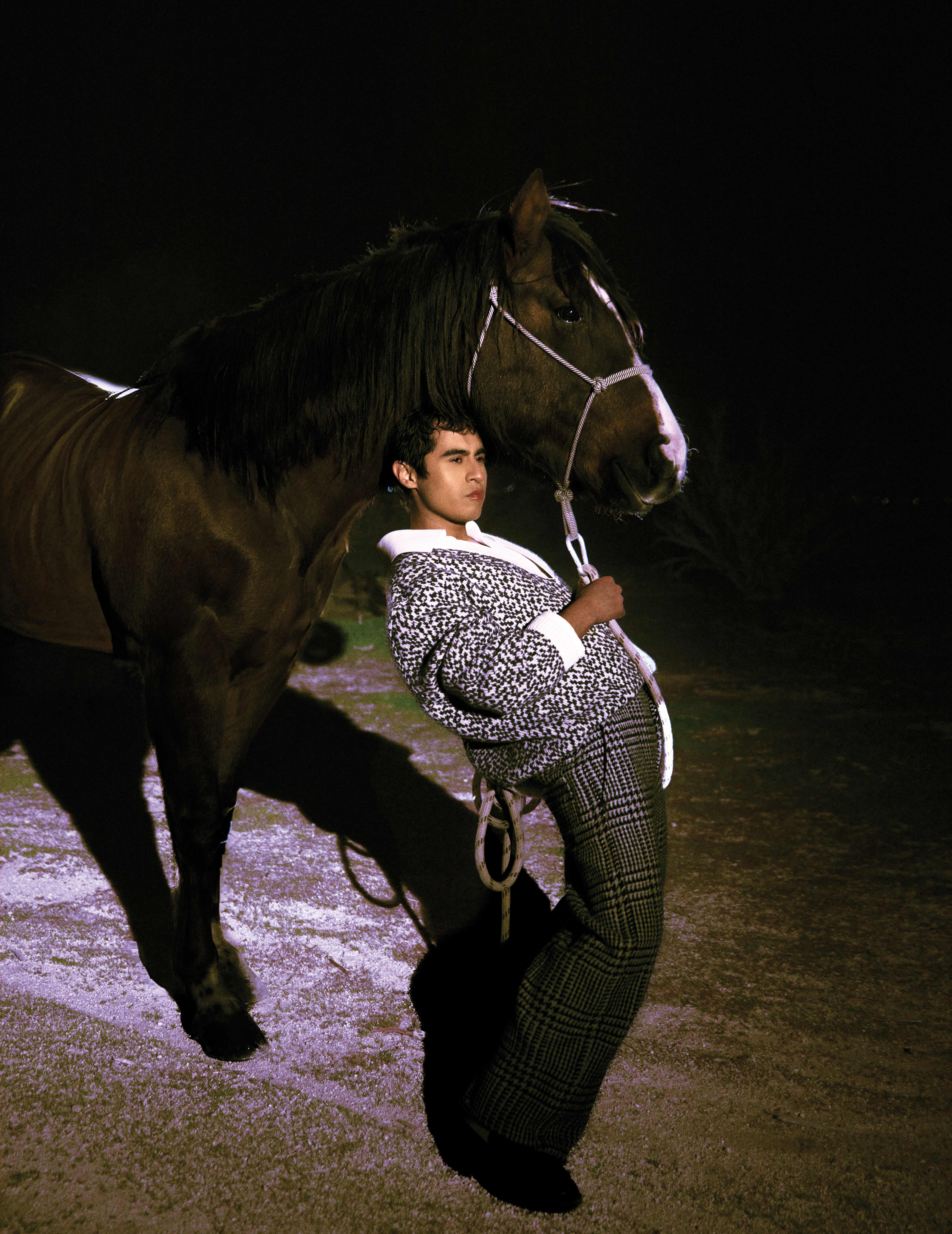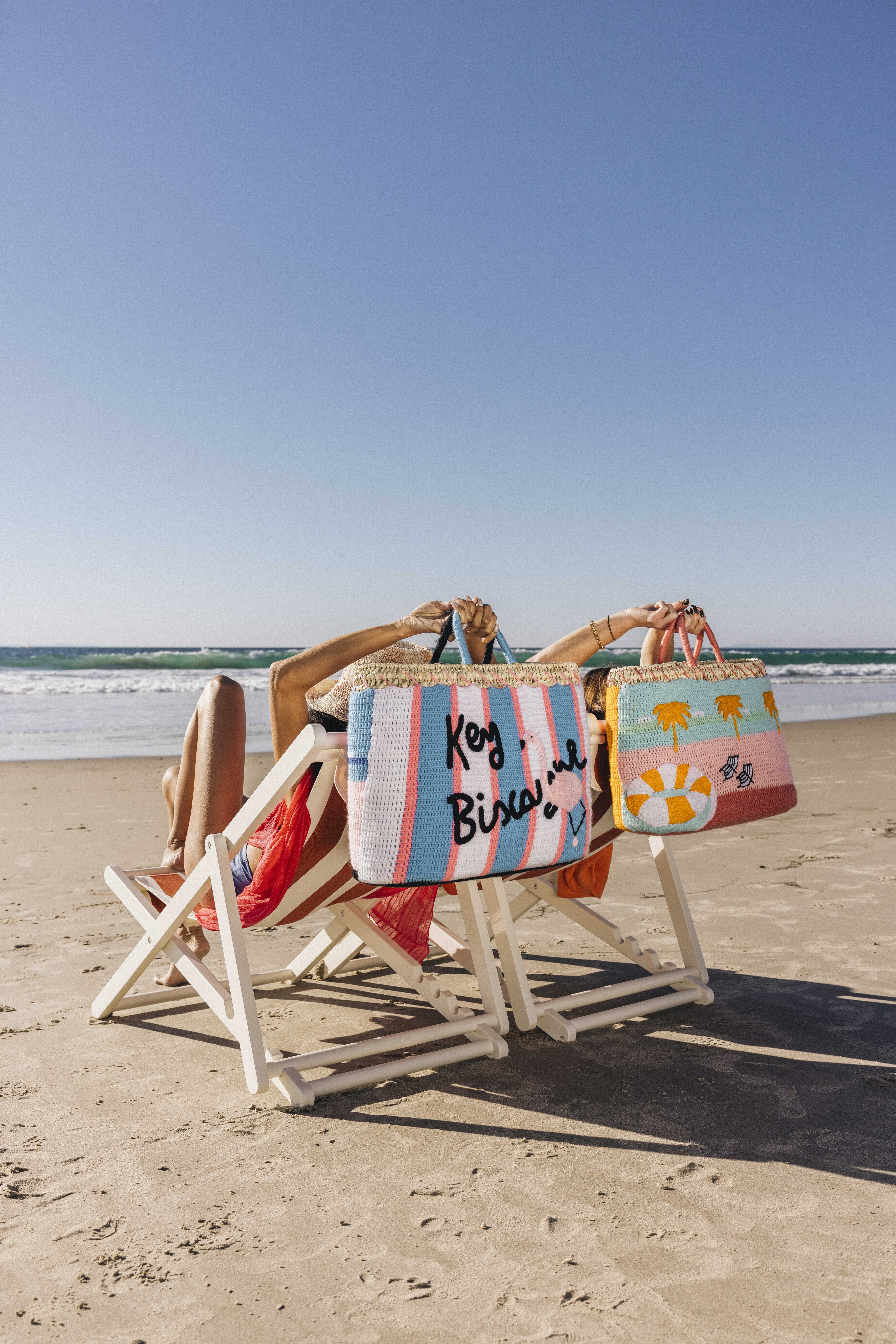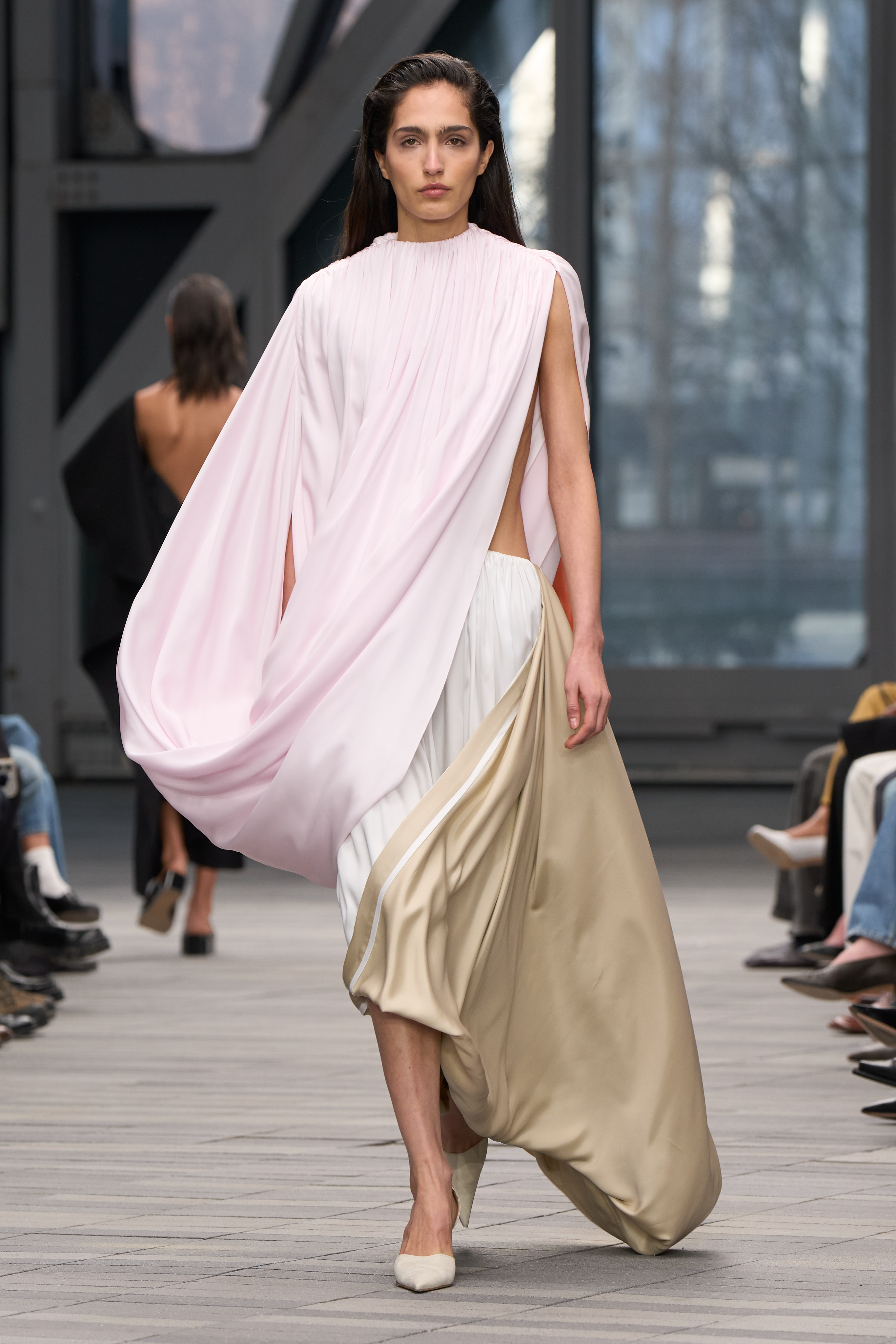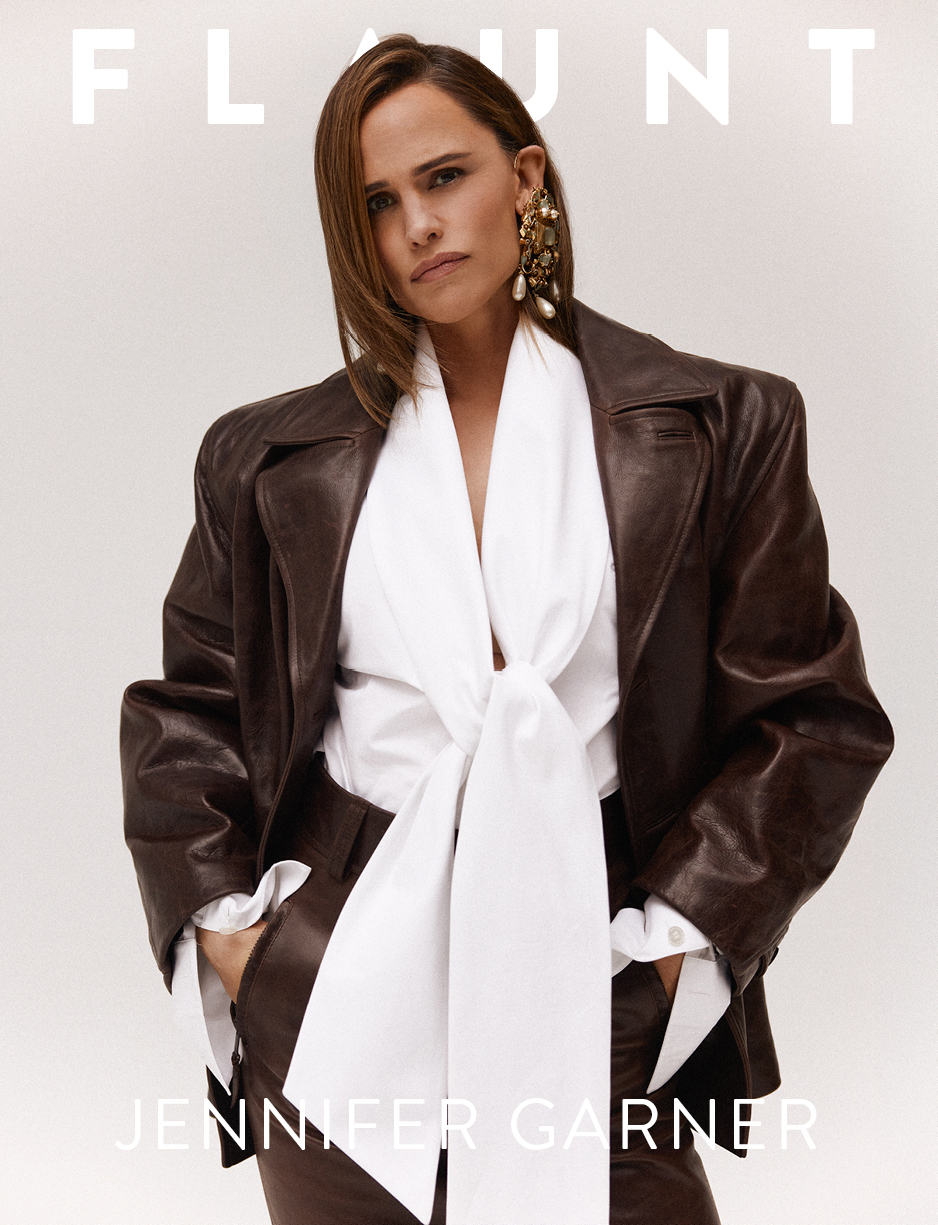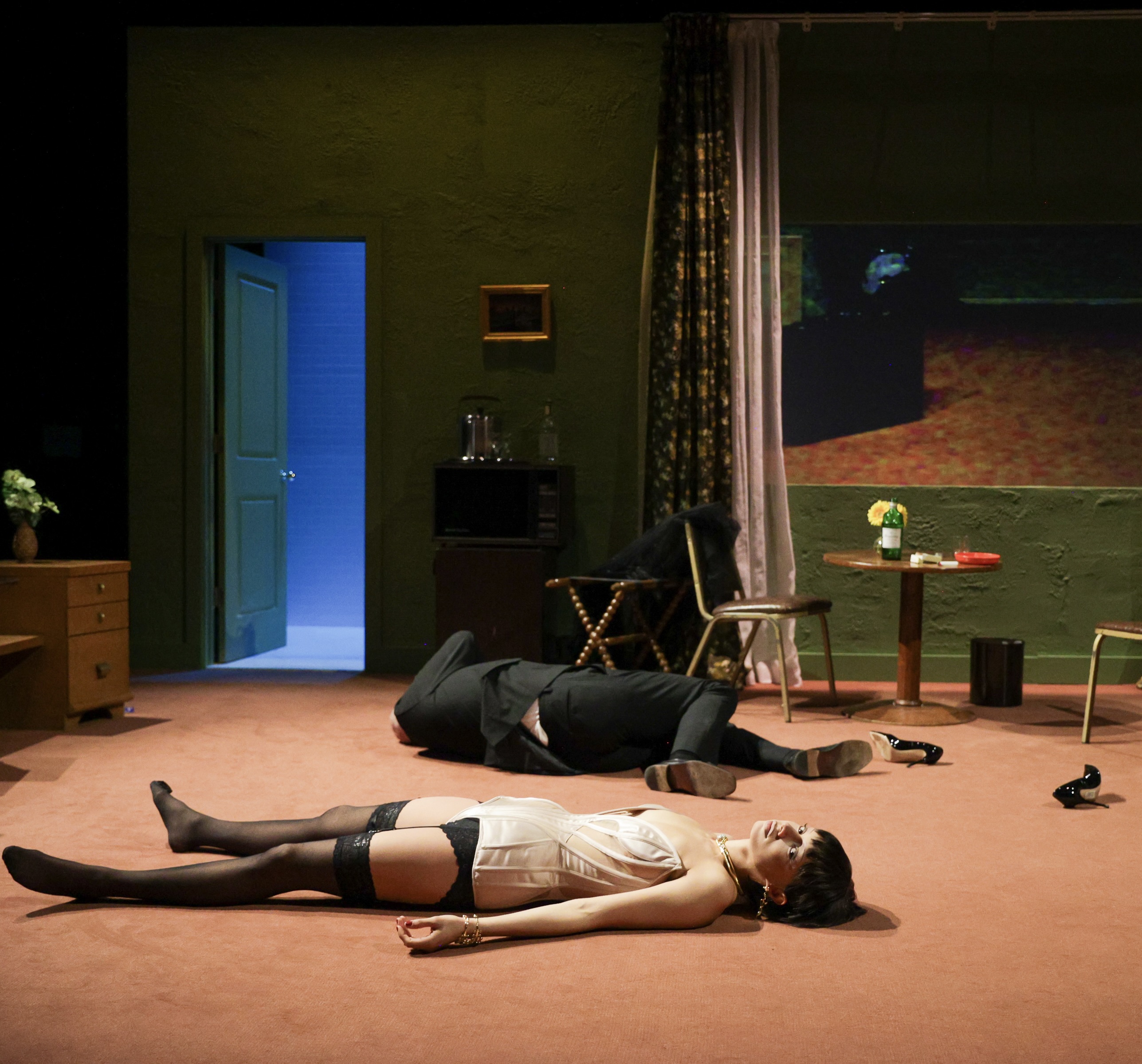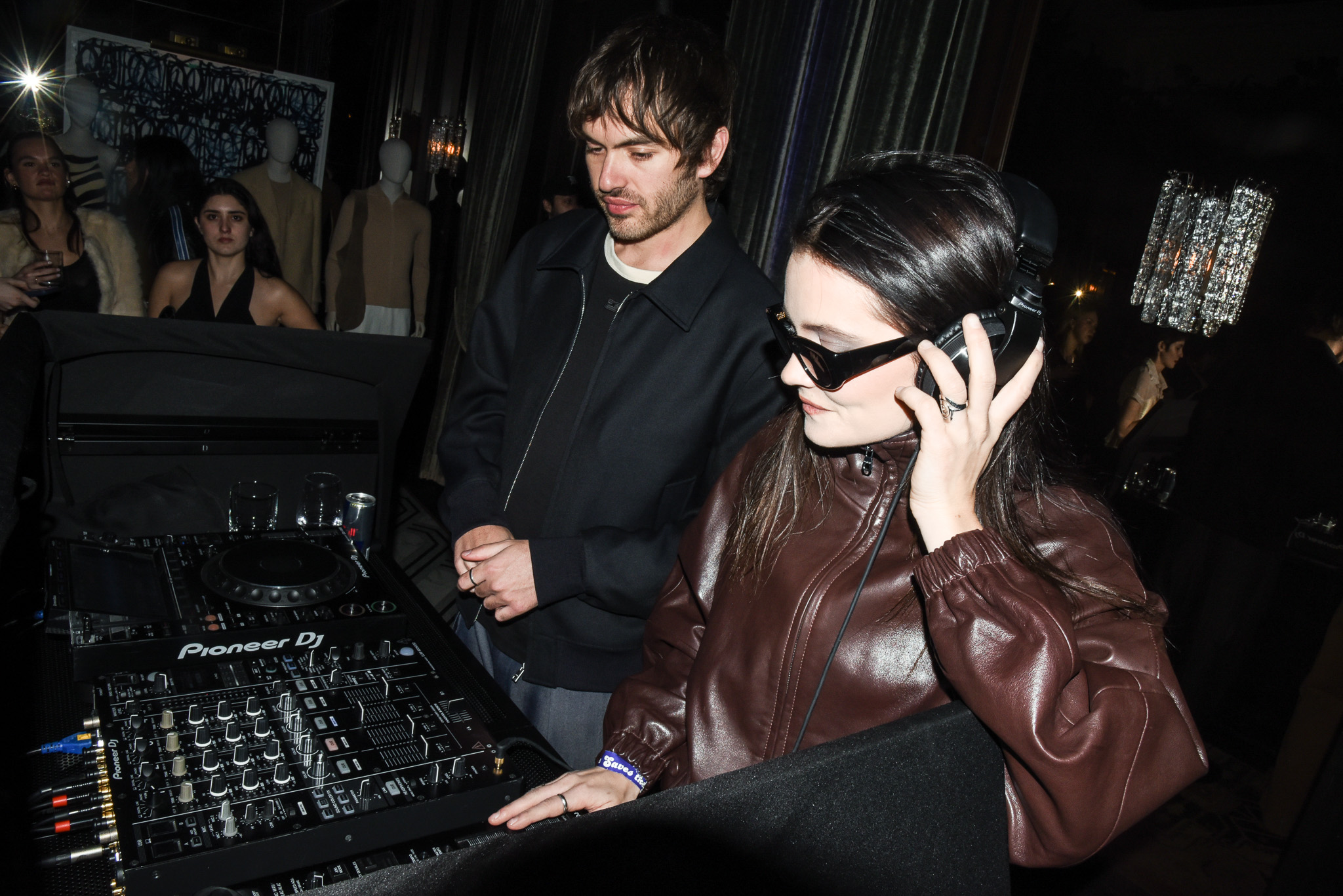

Kyle MacLachlan | all images by Driely S. | Fashion Credits: all clothing featured c/o **BALENCIAGA**
* * *
“I can’t tell if you’re a detective or a pervert.” Laura Dern says these words to Kyle MacLachlan’s Jeffrey Beaumont, a naïve, all-American boy who ends up ensnared in a grotesque underworld lying beneath the bucolic surface of a small town, early in David Lynch’s 1986 neo-noir _Blue Velvet._ And that’s before MacLachlan’s character sneaks into a female suspect’s apartment under the pretense of carrying out his own criminal investigation, where he is threatened with a kitchen knife and then forced to watch a violent, fetishistic sexual encounter between the suspect and another man. The next night, aroused and filled with voyeuristic curiosity, MacLachlan returns for more.
Four years later, reunited with Lynch in the show _Twin Peaks_, Dern’s confused juxtaposition might be: detective or quack? MacLachlan’s character, FBI agent Dale Cooper, has a series of peculiar dreams involving the murder victim whispering seductively in his ear while a slinky bass groove drifts through the air. To the bemusement of his colleagues, Cooper treats these visions in the same manner as a recovered murder weapon; psychic clues also guide his investigations. And stranger still, they work.


Through these collaborations with Lynch, MacLachlan helped reinvigorate old American tropes by twisting them into expansive new fantasies that touch on our broader anxieties, and in so doing helped to define the new predominant model for television: long form, deeply intricate stories treating subject matter previously the domain of feature-length films or literature. In _Blue Velvet_, the hardened noir gumshoe is replaced by the beguilingly boyish MacLachlan, curious to the point of foolhardy, as much a voyeur as a vigilante.
_Twin Peaks_ went further, transforming the mythical, beatific small town into a funhouse of sympathetic sinners, savage supernatural spirits and one lady who insists she can communicate with a log. The show is widely credited with paving the way for the current “Golden Age of TV,” where popular TV shows can be bewildering and bizarre and open-ended, encompassing quirks and fetishes and humor and murder mystery all at once.
None of this was by design. “There was no unified theory,” MacLachlan says. He’s sitting in a low armchair snacking on meatballs and green olives on the bustling sixth floor of the Soho House in Manhattan’s Meatpacking District. Outside, snow has given way to sleet and freezing rain and a frigid puddle on every corner; inside there’s a fire, leather chairs and a dark wood bar.


MacLachlan is still clean-shaven and boyish, even though he’s now 58. He’s wearing jeans, a sweater and a rust-orange baseball cap pulled low over his forehead, at the moment belying his well-documented interest in fashion (Demna Gvasalia, creative director for Balenciaga, and Raf Simons, chief creative officer at Calvin Klein, have connected with MacLachlan, and he’s a frequently spotted face at fashion week). He’s open and personable, sharing stories about taking his son to school on the subway and happy to pull up a high school photo from 1977, evidence that he once had a perm.
During a nearly two-hour interview, he’s at once self-deprecating (“I have so lost touch with music”), open to digressions (do critics have the same power they did in the 1980s, when _Blue Velvet_ came out?), inquisitive (asking me about my path into writing, trying to guess where the waitresses’ accent is from) and good-humored—after he fails to locate her accent (Poland), he declares, “Strike three, I’m out!”
MacLachlan met Lynch on his very first movie set: _Dune_, a film adaptation of Frank Herbert’s popular novel. The actor scored the role less than a year after graduating from a college drama program, which he calls “a little mind-bending.” “But the person that kept me grounded was David,” MacLachlan adds. “He’s a very regular guy.” On the set of Dune, Lynch also showed MacLachlan the script for _Blue Velvet_. “This is my second film script, and there’s a lot of stuff that happens that’s very disturbing,” the actor recalls. “But it was compelling: I understand how this can happen to a young person—you get infatuated with something, you get obsessed, you take it a little further, go one step where you shouldn’t.”


The film tells the story of a young man who becomes drawn into a murderous small-town whodunnit complete with bruising sexual fetishes, which some viewers and critics found hard to swallow. _Blue Velvet_ is in many ways a precursor to _Twin Peaks_, which finds Lynch exploring many of the same themes—the dark secrets of pretty small-towns—over the longer time-frame afforded by TV. “We thought it was so cool that David Lynch was going to do something on TV,” MacLachlan says. “And the character \[Cooper\] I recognized instantly was fantastic. Who’s this crazy FBI agent that comes in a third of the way through and suddenly takes over the investigation and he’s not like any FBI agent you’ve ever seen before? First of all, he looks too young. Second of all, he’s just got a weird way of looking at the world—signs, symbols, talks into a tape recorder.”
Though it’s hard to imagine in today’s era of TV- plenty, at the time _Twin Peaks_ debuted, there were few viewing options. “For people looking for something new and compelling, that was the only thing,” MacLachlan explains. “It hadn’t been done before, a director like that using that medium as a way to tell a story. And David’s filmmaking: You haven’t seen that shot, that angle, that pacing on TV. It’s paced very slow. The music was really different.” (The lovely score was composed by Angelo Badalamenti, who won a Grammy for his theme.)


Still, no one working on the show expected it to be the Next Big Thing. So when _Twin Peaks_ was renewed for a second season, Lynch and Frost soon passed the baton to other writers who were unable to maintain the show’s momentum, especially after its central mystery was solved early in the second season. “There was a lot of pressure to do that from the network; fans were wanting it,” MacLachlan says. But now the show had no engine. “I was frustrated because I felt like this was slipping through our fingers,” MacLachlan adds. “But I didn’t know how to save it or help bring it back to that intense, white-hot _Twin Peaks_ of the first season.”
When the show was inevitably cancelled, MacLachlan started looking for other roles, appearing in Oliver Stone’s _The Doors_ and Paul Verhoeven’s _Showgirls_. “The period of time after that, nothing was really memorable,” he says. Towards the end of the decade, TV came calling once again. “Showrunners, writers, producers, directors were interested in me because of the work I had done with David Lynch and the effect that it had on them,” MacLachlan says.
Even before TV’s current “golden age,” the format made room for a wider variety of roles than film. “Film needs a certain kind of person to make the project work,” MacLachlan asserts. “You have those men and women who are extraordinary actors that work all the time.You have those very handsome or very beautiful men and women that are good actors and are really good to look at. I was not enough of any of those really. So I was like, ok, that’s not working. TV was working.” He appeared in _Sex and the City_, _Desperate Housewives_, _How I Met Your Mother_, _Portlandia_, _The Good Wife_, _Agents of S.H.I.E.L.D._ and more. “I became a much better actor little by little by little,” he says, “to the point where I think I was finally ready to do what I needed to do in the new _Twin Peaks_.”


The new _Twin Peaks_ hovered into view in 2012, when Lynch called MacLachlan to set up an in-person meeting about the possible return of Dale Cooper. MacLachlan agreed to reprise the role, but when he finally got a chance to read the script, he was surprised to find out that he was actually playing multiple variations on the original character, including Mr. C, an evil, mulleted doppelgänger who murders without compunction, and Dougie, who is effectively a five year-old trapped inside a man’s body.
He credits his time working in TV and Lynch’s guidance with helping him carry a plot line while juggling multiple personalities. “David doesn’t do lots of takes; he’s not killing you with set-ups,” MacLachlan explains. “As an actor, that’s welcoming. Everything stays fresh. You’re moving quickly. It also challenges you to bring your A-game that first take. You can’t warm up to it.” Dougie was a particular challenge, because he says little—and less that makes sense. “There were long periods of silence,” MacLachlan says. “I would sometimes feel the need to move it forward, an urgency, like I’m going to lose the audience. David would always say, just let it be.”


_Twin Peaks: The Return_ did lose some audience—Showtime, which carried the new episodes, suggested that between the live audience, steamers, and DVR-ers, each episode averaged around two million viewers. That’s a far cry from the glory days of 1990 and 1991, when viewership peaked above 30 million and the show still pulled in more than 8 million viewers on its worst days.
But the show’s new numbers are a natural consequence of the modern television environment: There were 455 original scripted shows in 2016, fragmenting the market more than ever before. And the lower viewership is also a result of Lynch’s refusal to submit to TV standards—he filmed the series as one 18-hour movie and then split it up into hour-long segments, not bothering to even name the episodes—or audience demands. “They were expecting it to be what they remembered of the old _Twin Peaks_, tie up loose ends,” MacLachlan says. “That was never gonna happen. David will take you on the journey he wants you to go on. Buckle up.”


MacLachlan is pleased with the buzz around the show’s return, and confident that the new season maintains what made the original so influential: “It’s ahead of its time again. It’s something that people will think about, that will create ripples for a long time in the world of TV and film,” he tells me. “I’m very honored to be part of something that has that impact. That’s something you don’t really think about as an actor. You go in and you go, I’m going to do this role, and then you’re like, is it going to have an impact beyond that year?” It’s the fantasy of leaving a lasting mark, a legacy, all the more elusive and appealing in our current era of breakneck cultural momentum where a trend can sweep the world in a flash and disappear just as quickly. But for MacLachlan, who has played a central role in shaping what has turned out to be a particularly influential and lasting vision, the answer is, once again, yes.
* * *
Written by Elias Leight
Photographer: Driely S. at Everybody Needs Us.
Flaunt Film by All Rights Aint Reserved.
Stylist: Lisa Jarvis.
Groomer: Losi using Martial Vivot at Honey Artists.
Photography Assistant: Tom Vogel.
Technician: Sam Dole.
Lighting Technician: Daniel Johnson.
Location: Q&A Residential Hotel.
 
Kyle MacLachlan | all images by Driely S. | Fashion Credits: all clothing featured c/o **BALENCIAGA**
* * *
“I can’t tell if you’re a detective or a pervert.” Laura Dern says these words to Kyle MacLachlan’s Jeffrey Beaumont, a naïve, all-American boy who ends up ensnared in a grotesque underworld lying beneath the bucolic surface of a small town, early in David Lynch’s 1986 neo-noir _Blue Velvet._ And that’s before MacLachlan’s character sneaks into a female suspect’s apartment under the pretense of carrying out his own criminal investigation, where he is threatened with a kitchen knife and then forced to watch a violent, fetishistic sexual encounter between the suspect and another man. The next night, aroused and filled with voyeuristic curiosity, MacLachlan returns for more.
Four years later, reunited with Lynch in the show _Twin Peaks_, Dern’s confused juxtaposition might be: detective or quack? MacLachlan’s character, FBI agent Dale Cooper, has a series of peculiar dreams involving the murder victim whispering seductively in his ear while a slinky bass groove drifts through the air. To the bemusement of his colleagues, Cooper treats these visions in the same manner as a recovered murder weapon; psychic clues also guide his investigations. And stranger still, they work.

Kyle MacLachlan | all images by Driely S. | Fashion Credits: all clothing featured c/o **BALENCIAGA**
* * *
“I can’t tell if you’re a detective or a pervert.” Laura Dern says these words to Kyle MacLachlan’s Jeffrey Beaumont, a naïve, all-American boy who ends up ensnared in a grotesque underworld lying beneath the bucolic surface of a small town, early in David Lynch’s 1986 neo-noir _Blue Velvet._ And that’s before MacLachlan’s character sneaks into a female suspect’s apartment under the pretense of carrying out his own criminal investigation, where he is threatened with a kitchen knife and then forced to watch a violent, fetishistic sexual encounter between the suspect and another man. The next night, aroused and filled with voyeuristic curiosity, MacLachlan returns for more.
Four years later, reunited with Lynch in the show _Twin Peaks_, Dern’s confused juxtaposition might be: detective or quack? MacLachlan’s character, FBI agent Dale Cooper, has a series of peculiar dreams involving the murder victim whispering seductively in his ear while a slinky bass groove drifts through the air. To the bemusement of his colleagues, Cooper treats these visions in the same manner as a recovered murder weapon; psychic clues also guide his investigations. And stranger still, they work.
 
Through these collaborations with Lynch, MacLachlan helped reinvigorate old American tropes by twisting them into expansive new fantasies that touch on our broader anxieties, and in so doing helped to define the new predominant model for television: long form, deeply intricate stories treating subject matter previously the domain of feature-length films or literature. In _Blue Velvet_, the hardened noir gumshoe is replaced by the beguilingly boyish MacLachlan, curious to the point of foolhardy, as much a voyeur as a vigilante.
_Twin Peaks_ went further, transforming the mythical, beatific small town into a funhouse of sympathetic sinners, savage supernatural spirits and one lady who insists she can communicate with a log. The show is widely credited with paving the way for the current “Golden Age of TV,” where popular TV shows can be bewildering and bizarre and open-ended, encompassing quirks and fetishes and humor and murder mystery all at once.
None of this was by design. “There was no unified theory,” MacLachlan says. He’s sitting in a low armchair snacking on meatballs and green olives on the bustling sixth floor of the Soho House in Manhattan’s Meatpacking District. Outside, snow has given way to sleet and freezing rain and a frigid puddle on every corner; inside there’s a fire, leather chairs and a dark wood bar.

Through these collaborations with Lynch, MacLachlan helped reinvigorate old American tropes by twisting them into expansive new fantasies that touch on our broader anxieties, and in so doing helped to define the new predominant model for television: long form, deeply intricate stories treating subject matter previously the domain of feature-length films or literature. In _Blue Velvet_, the hardened noir gumshoe is replaced by the beguilingly boyish MacLachlan, curious to the point of foolhardy, as much a voyeur as a vigilante.
_Twin Peaks_ went further, transforming the mythical, beatific small town into a funhouse of sympathetic sinners, savage supernatural spirits and one lady who insists she can communicate with a log. The show is widely credited with paving the way for the current “Golden Age of TV,” where popular TV shows can be bewildering and bizarre and open-ended, encompassing quirks and fetishes and humor and murder mystery all at once.
None of this was by design. “There was no unified theory,” MacLachlan says. He’s sitting in a low armchair snacking on meatballs and green olives on the bustling sixth floor of the Soho House in Manhattan’s Meatpacking District. Outside, snow has given way to sleet and freezing rain and a frigid puddle on every corner; inside there’s a fire, leather chairs and a dark wood bar.
 
MacLachlan is still clean-shaven and boyish, even though he’s now 58. He’s wearing jeans, a sweater and a rust-orange baseball cap pulled low over his forehead, at the moment belying his well-documented interest in fashion (Demna Gvasalia, creative director for Balenciaga, and Raf Simons, chief creative officer at Calvin Klein, have connected with MacLachlan, and he’s a frequently spotted face at fashion week). He’s open and personable, sharing stories about taking his son to school on the subway and happy to pull up a high school photo from 1977, evidence that he once had a perm.
During a nearly two-hour interview, he’s at once self-deprecating (“I have so lost touch with music”), open to digressions (do critics have the same power they did in the 1980s, when _Blue Velvet_ came out?), inquisitive (asking me about my path into writing, trying to guess where the waitresses’ accent is from) and good-humored—after he fails to locate her accent (Poland), he declares, “Strike three, I’m out!”
MacLachlan met Lynch on his very first movie set: _Dune_, a film adaptation of Frank Herbert’s popular novel. The actor scored the role less than a year after graduating from a college drama program, which he calls “a little mind-bending.” “But the person that kept me grounded was David,” MacLachlan adds. “He’s a very regular guy.” On the set of Dune, Lynch also showed MacLachlan the script for _Blue Velvet_. “This is my second film script, and there’s a lot of stuff that happens that’s very disturbing,” the actor recalls. “But it was compelling: I understand how this can happen to a young person—you get infatuated with something, you get obsessed, you take it a little further, go one step where you shouldn’t.”

MacLachlan is still clean-shaven and boyish, even though he’s now 58. He’s wearing jeans, a sweater and a rust-orange baseball cap pulled low over his forehead, at the moment belying his well-documented interest in fashion (Demna Gvasalia, creative director for Balenciaga, and Raf Simons, chief creative officer at Calvin Klein, have connected with MacLachlan, and he’s a frequently spotted face at fashion week). He’s open and personable, sharing stories about taking his son to school on the subway and happy to pull up a high school photo from 1977, evidence that he once had a perm.
During a nearly two-hour interview, he’s at once self-deprecating (“I have so lost touch with music”), open to digressions (do critics have the same power they did in the 1980s, when _Blue Velvet_ came out?), inquisitive (asking me about my path into writing, trying to guess where the waitresses’ accent is from) and good-humored—after he fails to locate her accent (Poland), he declares, “Strike three, I’m out!”
MacLachlan met Lynch on his very first movie set: _Dune_, a film adaptation of Frank Herbert’s popular novel. The actor scored the role less than a year after graduating from a college drama program, which he calls “a little mind-bending.” “But the person that kept me grounded was David,” MacLachlan adds. “He’s a very regular guy.” On the set of Dune, Lynch also showed MacLachlan the script for _Blue Velvet_. “This is my second film script, and there’s a lot of stuff that happens that’s very disturbing,” the actor recalls. “But it was compelling: I understand how this can happen to a young person—you get infatuated with something, you get obsessed, you take it a little further, go one step where you shouldn’t.”
 
The film tells the story of a young man who becomes drawn into a murderous small-town whodunnit complete with bruising sexual fetishes, which some viewers and critics found hard to swallow. _Blue Velvet_ is in many ways a precursor to _Twin Peaks_, which finds Lynch exploring many of the same themes—the dark secrets of pretty small-towns—over the longer time-frame afforded by TV. “We thought it was so cool that David Lynch was going to do something on TV,” MacLachlan says. “And the character \[Cooper\] I recognized instantly was fantastic. Who’s this crazy FBI agent that comes in a third of the way through and suddenly takes over the investigation and he’s not like any FBI agent you’ve ever seen before? First of all, he looks too young. Second of all, he’s just got a weird way of looking at the world—signs, symbols, talks into a tape recorder.”
Though it’s hard to imagine in today’s era of TV- plenty, at the time _Twin Peaks_ debuted, there were few viewing options. “For people looking for something new and compelling, that was the only thing,” MacLachlan explains. “It hadn’t been done before, a director like that using that medium as a way to tell a story. And David’s filmmaking: You haven’t seen that shot, that angle, that pacing on TV. It’s paced very slow. The music was really different.” (The lovely score was composed by Angelo Badalamenti, who won a Grammy for his theme.)

The film tells the story of a young man who becomes drawn into a murderous small-town whodunnit complete with bruising sexual fetishes, which some viewers and critics found hard to swallow. _Blue Velvet_ is in many ways a precursor to _Twin Peaks_, which finds Lynch exploring many of the same themes—the dark secrets of pretty small-towns—over the longer time-frame afforded by TV. “We thought it was so cool that David Lynch was going to do something on TV,” MacLachlan says. “And the character \[Cooper\] I recognized instantly was fantastic. Who’s this crazy FBI agent that comes in a third of the way through and suddenly takes over the investigation and he’s not like any FBI agent you’ve ever seen before? First of all, he looks too young. Second of all, he’s just got a weird way of looking at the world—signs, symbols, talks into a tape recorder.”
Though it’s hard to imagine in today’s era of TV- plenty, at the time _Twin Peaks_ debuted, there were few viewing options. “For people looking for something new and compelling, that was the only thing,” MacLachlan explains. “It hadn’t been done before, a director like that using that medium as a way to tell a story. And David’s filmmaking: You haven’t seen that shot, that angle, that pacing on TV. It’s paced very slow. The music was really different.” (The lovely score was composed by Angelo Badalamenti, who won a Grammy for his theme.)
 
Still, no one working on the show expected it to be the Next Big Thing. So when _Twin Peaks_ was renewed for a second season, Lynch and Frost soon passed the baton to other writers who were unable to maintain the show’s momentum, especially after its central mystery was solved early in the second season. “There was a lot of pressure to do that from the network; fans were wanting it,” MacLachlan says. But now the show had no engine. “I was frustrated because I felt like this was slipping through our fingers,” MacLachlan adds. “But I didn’t know how to save it or help bring it back to that intense, white-hot _Twin Peaks_ of the first season.”
When the show was inevitably cancelled, MacLachlan started looking for other roles, appearing in Oliver Stone’s _The Doors_ and Paul Verhoeven’s _Showgirls_. “The period of time after that, nothing was really memorable,” he says. Towards the end of the decade, TV came calling once again. “Showrunners, writers, producers, directors were interested in me because of the work I had done with David Lynch and the effect that it had on them,” MacLachlan says.
Even before TV’s current “golden age,” the format made room for a wider variety of roles than film. “Film needs a certain kind of person to make the project work,” MacLachlan asserts. “You have those men and women who are extraordinary actors that work all the time.You have those very handsome or very beautiful men and women that are good actors and are really good to look at. I was not enough of any of those really. So I was like, ok, that’s not working. TV was working.” He appeared in _Sex and the City_, _Desperate Housewives_, _How I Met Your Mother_, _Portlandia_, _The Good Wife_, _Agents of S.H.I.E.L.D._ and more. “I became a much better actor little by little by little,” he says, “to the point where I think I was finally ready to do what I needed to do in the new _Twin Peaks_.”

Still, no one working on the show expected it to be the Next Big Thing. So when _Twin Peaks_ was renewed for a second season, Lynch and Frost soon passed the baton to other writers who were unable to maintain the show’s momentum, especially after its central mystery was solved early in the second season. “There was a lot of pressure to do that from the network; fans were wanting it,” MacLachlan says. But now the show had no engine. “I was frustrated because I felt like this was slipping through our fingers,” MacLachlan adds. “But I didn’t know how to save it or help bring it back to that intense, white-hot _Twin Peaks_ of the first season.”
When the show was inevitably cancelled, MacLachlan started looking for other roles, appearing in Oliver Stone’s _The Doors_ and Paul Verhoeven’s _Showgirls_. “The period of time after that, nothing was really memorable,” he says. Towards the end of the decade, TV came calling once again. “Showrunners, writers, producers, directors were interested in me because of the work I had done with David Lynch and the effect that it had on them,” MacLachlan says.
Even before TV’s current “golden age,” the format made room for a wider variety of roles than film. “Film needs a certain kind of person to make the project work,” MacLachlan asserts. “You have those men and women who are extraordinary actors that work all the time.You have those very handsome or very beautiful men and women that are good actors and are really good to look at. I was not enough of any of those really. So I was like, ok, that’s not working. TV was working.” He appeared in _Sex and the City_, _Desperate Housewives_, _How I Met Your Mother_, _Portlandia_, _The Good Wife_, _Agents of S.H.I.E.L.D._ and more. “I became a much better actor little by little by little,” he says, “to the point where I think I was finally ready to do what I needed to do in the new _Twin Peaks_.”
 
The new _Twin Peaks_ hovered into view in 2012, when Lynch called MacLachlan to set up an in-person meeting about the possible return of Dale Cooper. MacLachlan agreed to reprise the role, but when he finally got a chance to read the script, he was surprised to find out that he was actually playing multiple variations on the original character, including Mr. C, an evil, mulleted doppelgänger who murders without compunction, and Dougie, who is effectively a five year-old trapped inside a man’s body.
He credits his time working in TV and Lynch’s guidance with helping him carry a plot line while juggling multiple personalities. “David doesn’t do lots of takes; he’s not killing you with set-ups,” MacLachlan explains. “As an actor, that’s welcoming. Everything stays fresh. You’re moving quickly. It also challenges you to bring your A-game that first take. You can’t warm up to it.” Dougie was a particular challenge, because he says little—and less that makes sense. “There were long periods of silence,” MacLachlan says. “I would sometimes feel the need to move it forward, an urgency, like I’m going to lose the audience. David would always say, just let it be.”

The new _Twin Peaks_ hovered into view in 2012, when Lynch called MacLachlan to set up an in-person meeting about the possible return of Dale Cooper. MacLachlan agreed to reprise the role, but when he finally got a chance to read the script, he was surprised to find out that he was actually playing multiple variations on the original character, including Mr. C, an evil, mulleted doppelgänger who murders without compunction, and Dougie, who is effectively a five year-old trapped inside a man’s body.
He credits his time working in TV and Lynch’s guidance with helping him carry a plot line while juggling multiple personalities. “David doesn’t do lots of takes; he’s not killing you with set-ups,” MacLachlan explains. “As an actor, that’s welcoming. Everything stays fresh. You’re moving quickly. It also challenges you to bring your A-game that first take. You can’t warm up to it.” Dougie was a particular challenge, because he says little—and less that makes sense. “There were long periods of silence,” MacLachlan says. “I would sometimes feel the need to move it forward, an urgency, like I’m going to lose the audience. David would always say, just let it be.”
 
_Twin Peaks: The Return_ did lose some audience—Showtime, which carried the new episodes, suggested that between the live audience, steamers, and DVR-ers, each episode averaged around two million viewers. That’s a far cry from the glory days of 1990 and 1991, when viewership peaked above 30 million and the show still pulled in more than 8 million viewers on its worst days.
But the show’s new numbers are a natural consequence of the modern television environment: There were 455 original scripted shows in 2016, fragmenting the market more than ever before. And the lower viewership is also a result of Lynch’s refusal to submit to TV standards—he filmed the series as one 18-hour movie and then split it up into hour-long segments, not bothering to even name the episodes—or audience demands. “They were expecting it to be what they remembered of the old _Twin Peaks_, tie up loose ends,” MacLachlan says. “That was never gonna happen. David will take you on the journey he wants you to go on. Buckle up.”

_Twin Peaks: The Return_ did lose some audience—Showtime, which carried the new episodes, suggested that between the live audience, steamers, and DVR-ers, each episode averaged around two million viewers. That’s a far cry from the glory days of 1990 and 1991, when viewership peaked above 30 million and the show still pulled in more than 8 million viewers on its worst days.
But the show’s new numbers are a natural consequence of the modern television environment: There were 455 original scripted shows in 2016, fragmenting the market more than ever before. And the lower viewership is also a result of Lynch’s refusal to submit to TV standards—he filmed the series as one 18-hour movie and then split it up into hour-long segments, not bothering to even name the episodes—or audience demands. “They were expecting it to be what they remembered of the old _Twin Peaks_, tie up loose ends,” MacLachlan says. “That was never gonna happen. David will take you on the journey he wants you to go on. Buckle up.”
 
MacLachlan is pleased with the buzz around the show’s return, and confident that the new season maintains what made the original so influential: “It’s ahead of its time again. It’s something that people will think about, that will create ripples for a long time in the world of TV and film,” he tells me. “I’m very honored to be part of something that has that impact. That’s something you don’t really think about as an actor. You go in and you go, I’m going to do this role, and then you’re like, is it going to have an impact beyond that year?” It’s the fantasy of leaving a lasting mark, a legacy, all the more elusive and appealing in our current era of breakneck cultural momentum where a trend can sweep the world in a flash and disappear just as quickly. But for MacLachlan, who has played a central role in shaping what has turned out to be a particularly influential and lasting vision, the answer is, once again, yes.
* * *
Written by Elias Leight
Photographer: Driely S. at Everybody Needs Us.
Flaunt Film by All Rights Aint Reserved.
Stylist: Lisa Jarvis.
Groomer: Losi using Martial Vivot at Honey Artists.
Photography Assistant: Tom Vogel.
Technician: Sam Dole.
Lighting Technician: Daniel Johnson.
Location: Q&A Residential Hotel.

MacLachlan is pleased with the buzz around the show’s return, and confident that the new season maintains what made the original so influential: “It’s ahead of its time again. It’s something that people will think about, that will create ripples for a long time in the world of TV and film,” he tells me. “I’m very honored to be part of something that has that impact. That’s something you don’t really think about as an actor. You go in and you go, I’m going to do this role, and then you’re like, is it going to have an impact beyond that year?” It’s the fantasy of leaving a lasting mark, a legacy, all the more elusive and appealing in our current era of breakneck cultural momentum where a trend can sweep the world in a flash and disappear just as quickly. But for MacLachlan, who has played a central role in shaping what has turned out to be a particularly influential and lasting vision, the answer is, once again, yes.
* * *
Written by Elias Leight
Photographer: Driely S. at Everybody Needs Us.
Flaunt Film by All Rights Aint Reserved.
Stylist: Lisa Jarvis.
Groomer: Losi using Martial Vivot at Honey Artists.
Photography Assistant: Tom Vogel.
Technician: Sam Dole.
Lighting Technician: Daniel Johnson.
Location: Q&A Residential Hotel.


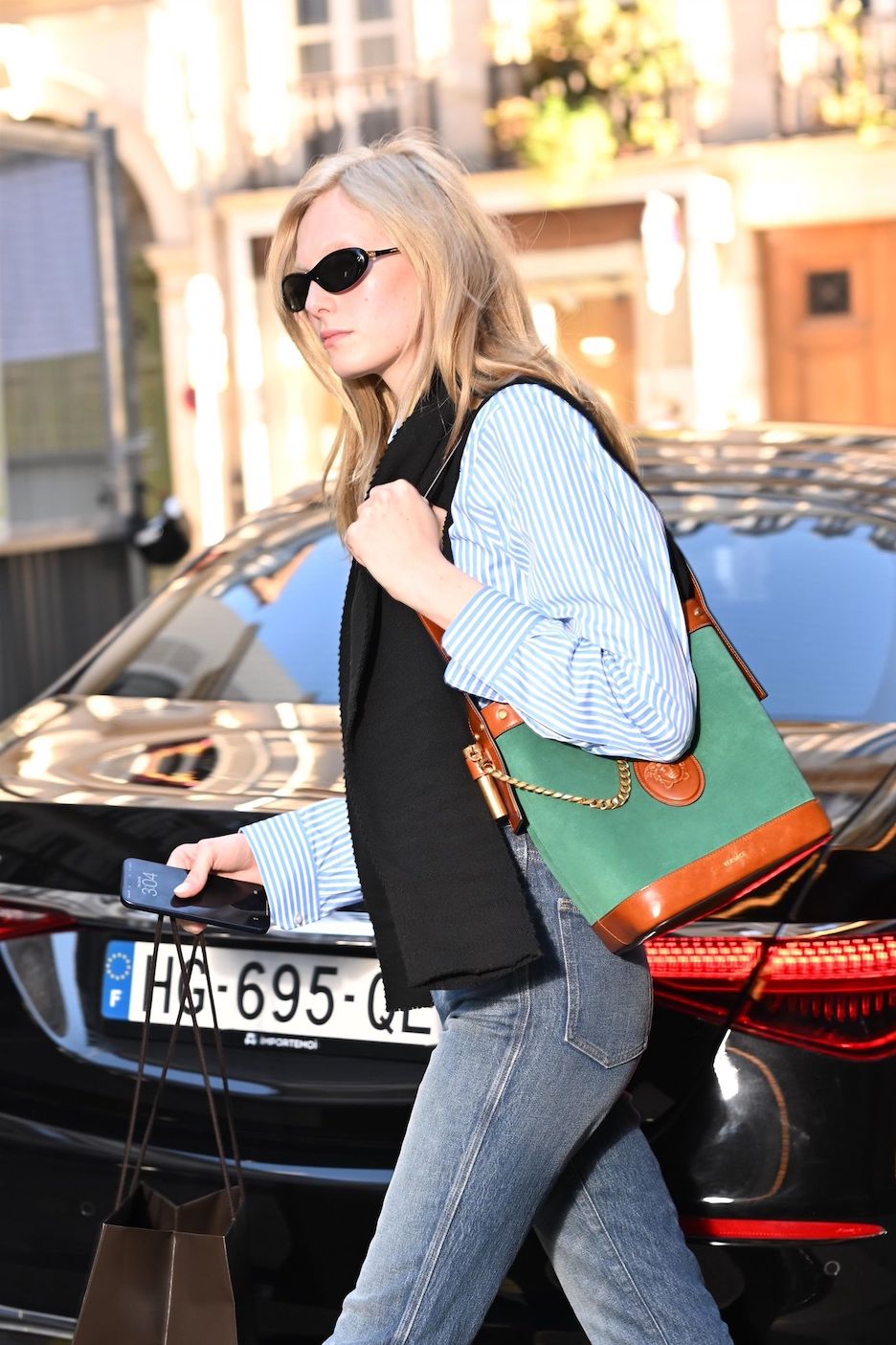
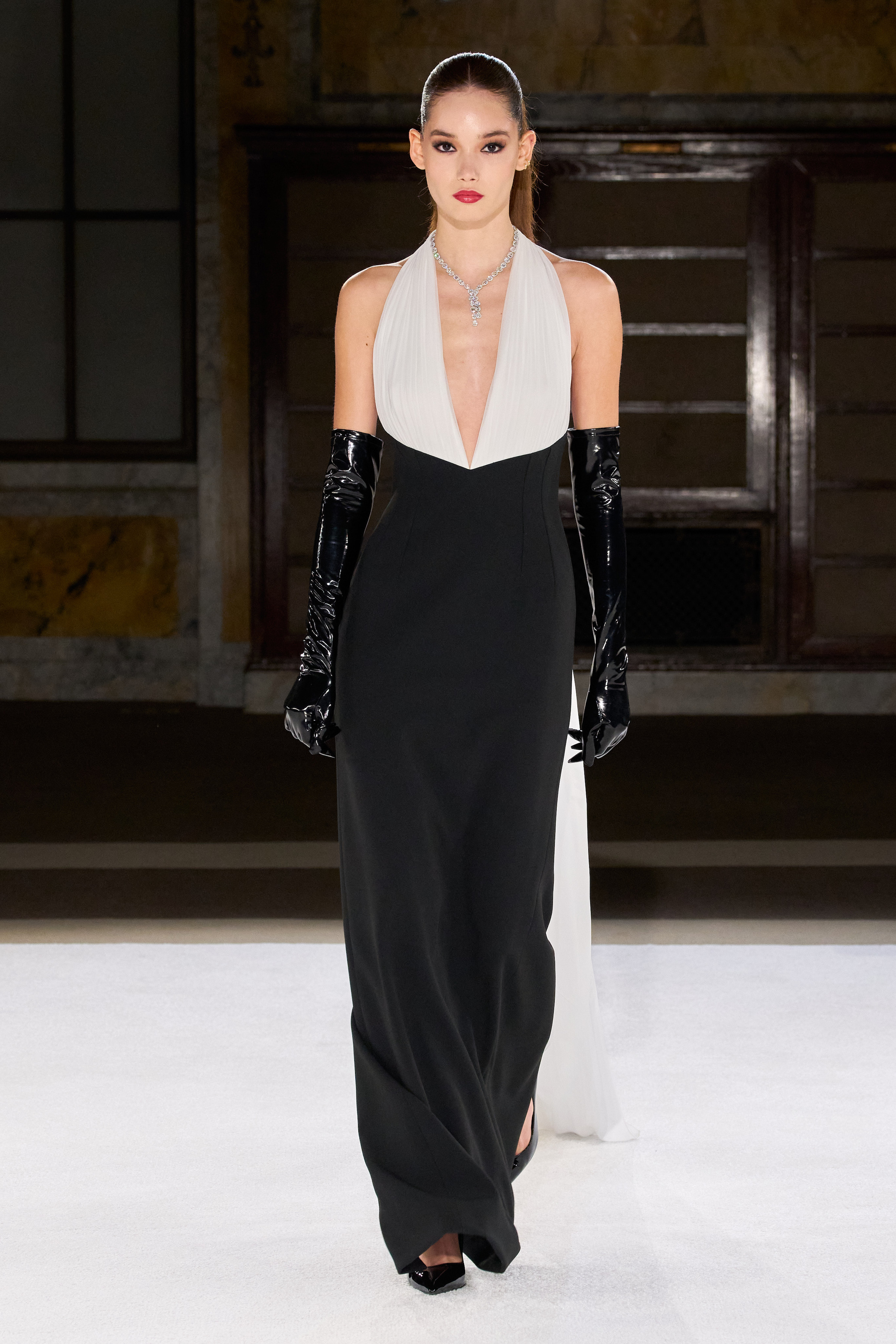
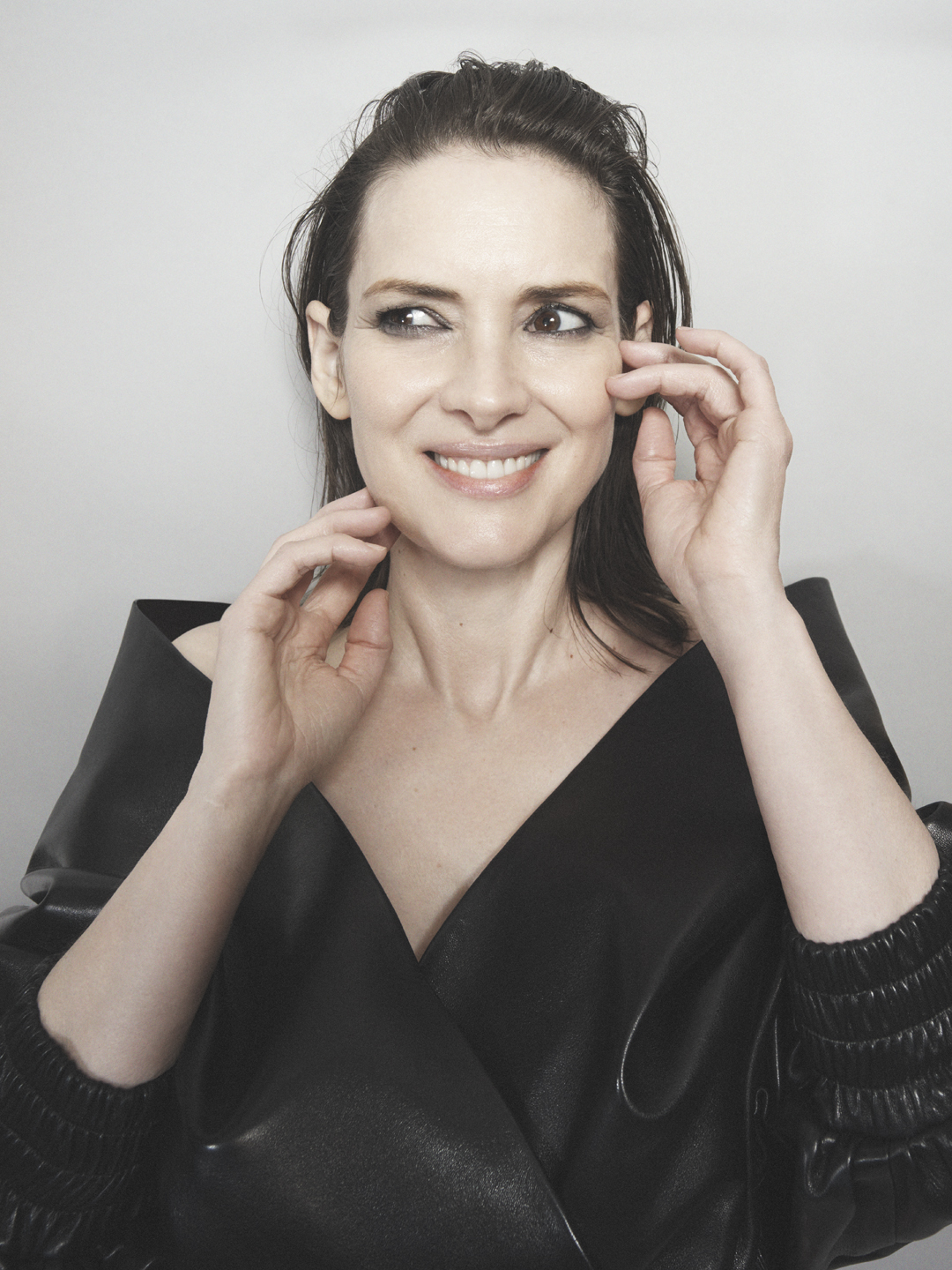
.jpg)
